It was Shetland that tipped me over the edge. Not the place, but the TV series. Although that’s set in the place. So both, really. It’s a crime drama, see, and people keep getting murdered. Roughly speaking, so far, there’s been a corpse every episode. Which by the end of the series will mean eight corpses. Which, given that there are only 20,000 people in Shetland, means that Scotland’s most northerly islands have a murder rate roughly comparable with that of Belize.
Or higher, even, because my calculations assume that a series happens in a year, and that we are seeing all the murders there are, rather than just the ones that Dougie Henshall gets called out to. Frankly, it makes the place seem terrifying. But then a lot of places are. According to the internet, Copenhagen only has 12 murders a year, although I think that must be a bit out of date because we had more than that in the second series of The Bridge. And granted, some of those might be the responsibility of Malmö (there’s a bridge), but there’s also The Killing to contend with. And Sweden has enough on its plate, what with Wallander and all the rest.
Not that Britain is much better. Over the space of the past six months, and simply off the top of my head, I have been confronted with messy violent British death in Line of Duty, The Fall, Broadchurch, Babylon, Sherlock, Luther, Whitechapel, The Escape Artist, What Remains, Poirot, DCI Banks and lord alone knows how many others. It’s an abattoir out there. It’s a charnel house. ‘O my brother,’ as the man said in A Clockwork Orange, ‘the red, red claret was on tap.’
‘So watch something else, then,’ you might very well say. To which I would reply that first, I can’t, because I’m a television reviewer these days, in the Times on Saturdays. And second, I don’t really want to. Because it’s not bad, this stuff. In fact it’s as good as television gets. This just seems to be how it works these days. Settle down in front of a solid, quality drama, with rounded characters, snappy plots and a story worth caring about, and nine times out of ten it’ll throw a corpse at you. Most probably it’ll be the naked one of a young woman, with terror in her lifeless eyes and blood on her thighs.
Laziness, I’m sure, plays a part. One thinks of Raymond Chandler’s famous dictum, that whenever he got stuck on a plot he’d ‘have a man come through the door with a gun in his hand’. Murder gives you a plot arc ready-made; a shock, followed by a quest, followed by jeopardy, followed by a resolution. Think of anywhere that it might be fun to set a drama — the London Underground, Cornwall, your office lift, the Scottish Parliament, the International Space Station, wherever — throw a corpse into the mix and you’re away.
That can’t be all of it, though. We love this stuff. We yearn for it. Our actual lives grow ever safer — murder falls and falls — but for fantasy, for relaxation, we have a pulse in our brain that wills us to pretend it is not so. This, for me, has been the big shock of six months of TV reviewing, far over and above the sheer dreadfulness of the pap that most people are prepared to watch on a Saturday night, or the fact that every week you get a whole hour of The Great British Bake Off. It’s been the sheer scale of the slaughter. I knew there was some, of course I did. But so much? Let’s be honest, it’s weird. If it was the Japanese carrying on like this, we’d find them creepy as anything. I don’t know what the hell is wrong with us.
Children’s hour
Looking back, I think we’ll remember this coalition government for its childcare announcements. Not for what they actually were, obviously, but merely for the way that there were a hell of a lot of them. Although what has never been clear is to what end.
Taking office, the coalition inherited a system for subsidising childcare which involved employees being allowed to claim part of their salary, pre-tax, in childcare vouchers. This was relatively sensible, particularly if you weren’t the sort of person who, confronted with any sort of benefits system designed by Gordon Brown, would happily forgo navigating it for the marginally greater joy of hurling yourself under a bus. Plus, you got child benefit.
First, the coalition cut child benefit for those with higher salaries. Fine by me. All in it together, etc. Then they tinkered with the voucher system in a manner I didn’t quite understand, but which most people seemed to agree left most people poorer, unless they didn’t really need the money, in which case it helped a bit. Now they’ve tinkered with it again, apparently rectifying some of the mistakes of the last tinker, but only for people who already spend a lot on childcare, and not for people who would merely like to.
Eventually, I suppose, they’ll deal with the latter group too, and pound-for-pound we’ll all end up more or less back where we started. And by the time of the next election, the only real effect will have been to allow them all to publicly worry about childcare costs a lot, thereby conveying modernity and compassion and having something to say to women voters who, as we all know, only really care about babies. Would one have to be a terrible cynic to suggest that this has been the point all along?
Got something to add? Join the discussion and comment below.
Get 10 issues for just $10
Subscribe to The Spectator Australia today for the next 10 magazine issues, plus full online access, for just $10.
Hugo Rifkind is a writer for the Times.
You might disagree with half of it, but you’ll enjoy reading all of it. Try your first month for free, then just $2 a week for the remainder of your first year.


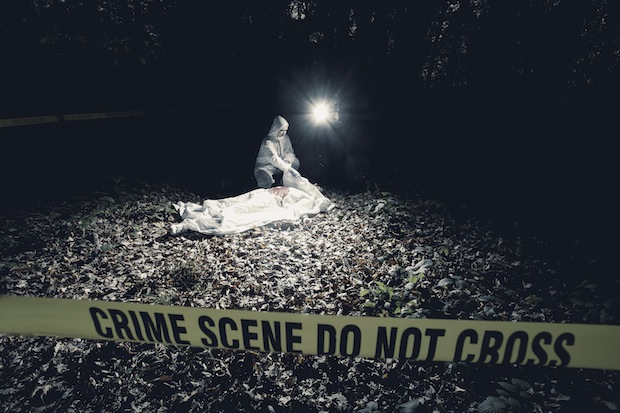
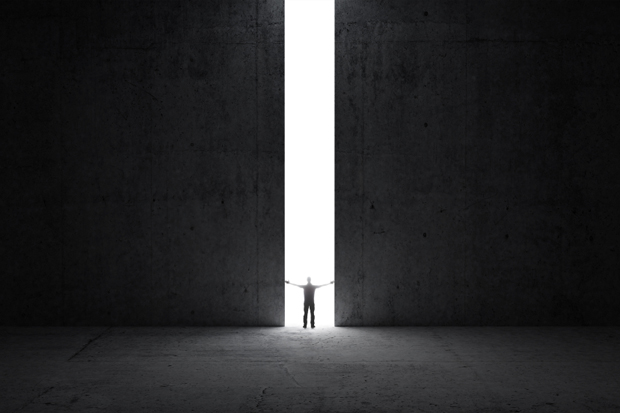
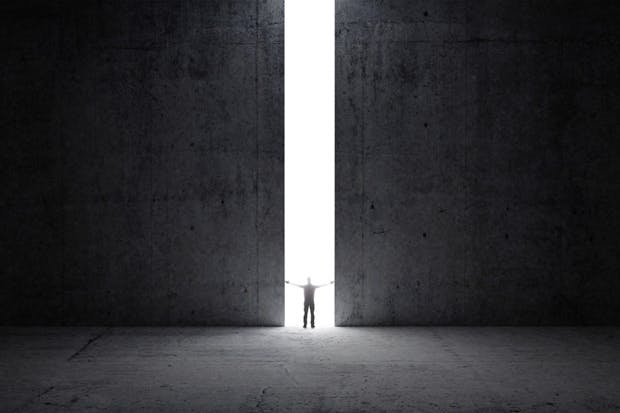
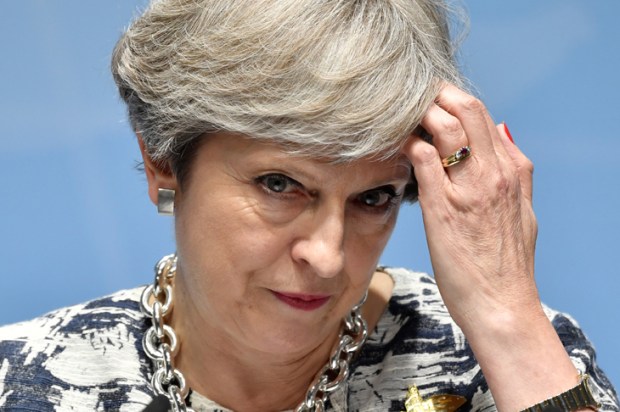
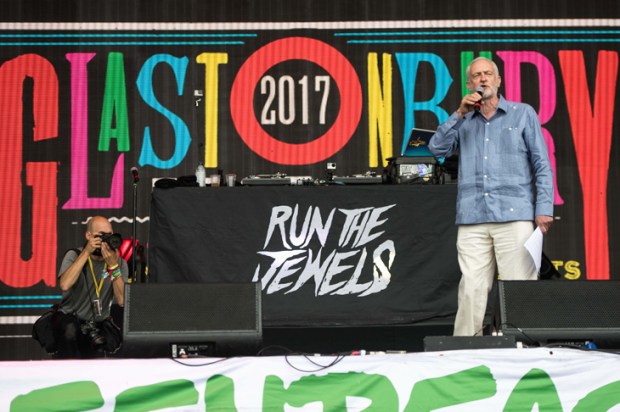
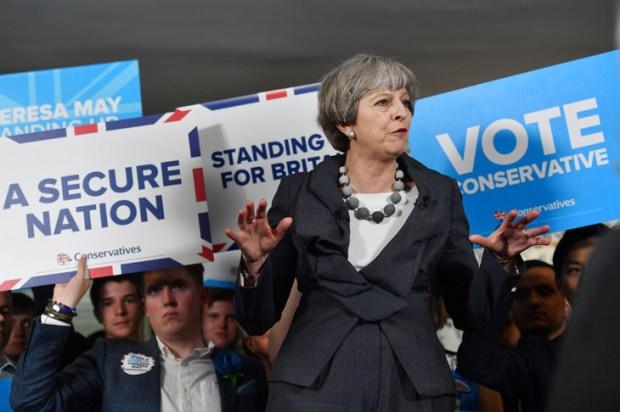







Comments
Don't miss out
Join the conversation with other Spectator Australia readers. Subscribe to leave a comment.
SUBSCRIBEAlready a subscriber? Log in